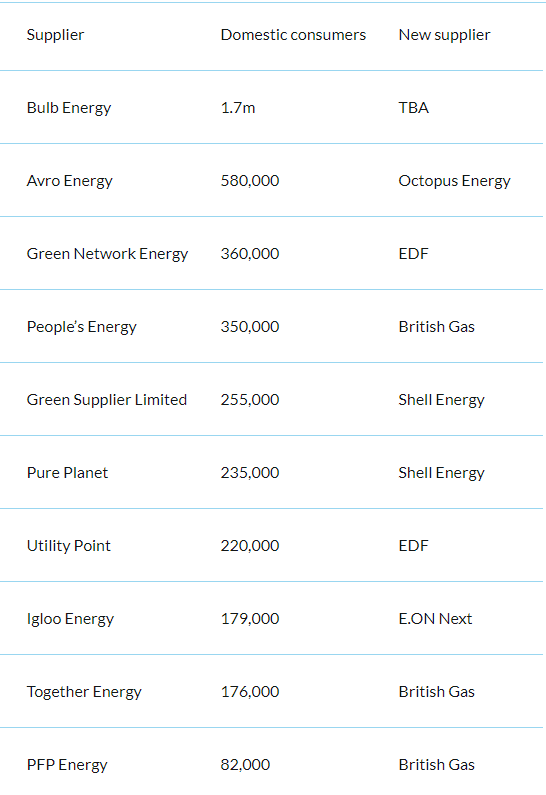Exclusive: Yü Group’s boss warns against over-regulating energy market at expense of innovators

Reforms to the energy sector risk reverting the market back to only a few big suppliers, which would not be in the interests of customers, warned Yü Group boss Bobby Kalar.
The chief executive of one of the fastest growing business suppliers – offering gas, electricity and water – told City A.M. he did not want to see the UK’s energy market dominated by a “cartel of seven or eight huge suppliers who do nothing but churn customers from one supplier to another.”
Kalar argued this would create “misery” and “distrust” from energy users towards the industry.
In his view there had to be a balance between fixing the market, and ensuring disruptors and challengers could thrive, to offer new innovations for customers and to keep prices competitive.

He said: “If we have too much regulation, you’re going to kill creativity, and if we have no regulation, there’s going to be anarchy. I think there needs to be a blended mix. I think it needs to sit somewhere in between the two. But I certainly don’t think over regulation is the answer to our problems. I definitely don’t think that’s the case.”
The energy market has been hammered by historic volatility over the past year, with 30 suppliers collapsing amid the lethal combination of soaring wholesale costs, the constraints of the price cap and insufficient hedging strategies.
Ofgem has since announced a series of reforms for both domestic and retail suppliers, including fit and proper person rules and financial stress tests.
However, Kalar argued these changes should not hamper challenger suppliers, criticising larger energy firms for failing to provide new solutions for customers.
The chief executive explained: “We are innovating, we are disrupting and we’ll bring in alternative opportunities to the market, which the big six aren’t to be honest.”
Businesses set for a digital future as winter looms
Yü Smart is the latest example of the energy firm’s innovations.
It will launch in the second half of the year, and allow customers to make deals completely digitally and manage their bills.
Kalar argued the programme will give the business customers complete control of when they engage, what they want to get out of that engagement, and how they want to manage their supply.
He said: “We call it digital by default. It’s the Tesco model, it’s self-service. There’s not an opening time and there’s not a closing time. It puts the power into the customers hands and gives them the options – not just nine to five.”
Unlike domestic households, businesses are not covered by the price cap – instead securing their energy through long-term contracts with suppliers.

With wholesale prices historically elevated and expected to spike again this winter amid supply shortages and disruption following Russia’s invasion of Ukraine and rebounding post-pandemic demand, Kalar recognised suppliers had to be more flexible in their dealings with customers.
He revealed Yü Group was engaging more with its customers to make sure they are aware of opportunities to reduce their usage, with the energy boss not expecting prices to dip any time soon.
Kalar said: “That’s an opportunity with the service that we offer our customers to help them through the high usage of winter but the very low usage of summer. So, we almost smear that cost out. Offering payment plans to customers who are struggling to pay is absolutely the first port of call.”
Earlier this month, Yü Group posted a bullish trading update, with the challenger supplier expecting a 90 per cent boost to half-year revenues – which could exceed £125m.
It is now responsible for around 26.1k meter points, following a 25.5 per cent rise in meter numbers last year.
When approached for comment, an Ofgem spokesperson said: “There are careful balances and trade-offs when it comes to the energy market but Ofgem’s priority is always to protect consumers. As energy regulator, we’re working to ensure we deliver effective but proportionate regulation to support people through the current gas crisis and beyond. This helps to create a robust market with sustainable competition and fair treatment for consumers.”